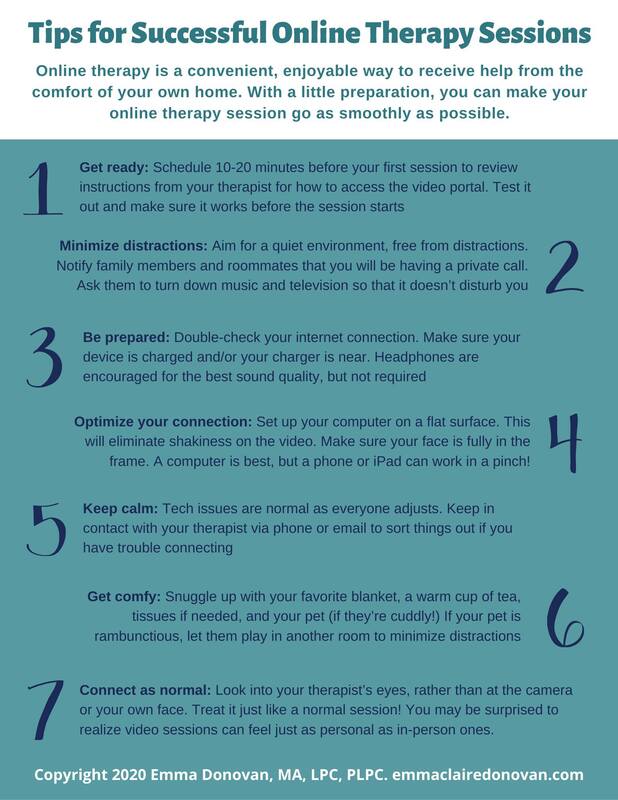|
Text and information from VA News ([email protected])
Veterans from all eras are reacting to the events in Afghanistan, such as the U.S withdrawal and the takeover by the Taliban. You are not alone. Veterans may question the meaning of their service or whether it was worth the sacrifices they made. They may feel more moral distress about experiences they had during their service. It’s normal to feel this way. Talk with your friends and families, reach out to battle buddies, connect with a peer-to-peer network, or sign up for mental health services. Scroll down for a list common reactions and coping advice. Resources available right now
Common Reactions In reaction to current events in Afghanistan, Veterans may:
Veterans may feel like they need to expect and/or prepare for the worst. For example, they may:
Strategies for Managing Ongoing DistressAt this moment, it may seem like all is lost, like your service or your sacrifices were for nothing. Consider the ways that your service made a difference, the impact it had on others’ lives or on your own life. Remember that now is just one moment in time and that things will continue to change. It can be helpful to focus on the present and to engage in the activities that are most meaningful and valuable to you. Is there something you can do today that is important to you? This can be as an individual, a family member, a parent, or a community member. Something that is meaningful to you in regard to your work or your spirituality? Such activities won’t change the past or the things you can’t control, but they can help life feel meaningful and reduce distress, despite the things you cannot change. It can also help to consider your thinking. Ask yourself if your thoughts are helpful to you right now. Are there ways you can change your thinking to be more accurate and less distressing? For example, are you using extreme thinking where you see the situation as all bad or all good? If so, try and think in less extreme terms. For example, rather than thinking “my service in Afghanistan was useless” consider instead “I helped keep Afghanistan safe.” Finally, consider more general coping strategies that you may want to try including:
Afghanistan: How Veterans can reconcile service READ MORE Afghanistan: How Veterans can learn from Vietnam Veterans READ MORE
1 Comment
Health insurance can be confusing. When it comes to therapy, you might need to call you insurance company and find out what is covered. Make sure you get the answers you need by following this example: (Download this Worksheet)
"My name is ____. I'm interested in going to Brave Choices, Inc. for help with my mental health and I am calling to verify my benefits. First, I would like some general information." Policy Effective Date: _______ Office Visit Co Pay: ____ Deductible: ____ Out of Pocket Max: ____ Do my deductibles, co-pays and co-insurance apply toward my out of pocket max? ____ How much of my deductible have I spent this year? ____ Do I need a referral to see a mental health/behavioral health therapist? ____ If yes, who needs to refer me? ____ Is Brave Choices, Inc. and/or my provider is in-network? ____ If not, how does my insurance work if Brave Choices, Inc. and/or my provider is out of network? ____ Individual Therapy The clinic usually uses CPT codes 90834 and 90837 for these services. What's my co-pay/co-insurance? ____ Is there a limit on the number of sessions per year? ____ If so, how many individual therapy sessions per year? ____ Is authorization required for individual therapy? ____ Lastly, ask for the representative's name: ____ |
AuthorHeather Holt, Archives
August 2021
Categories
All
|

 RSS Feed
RSS Feed